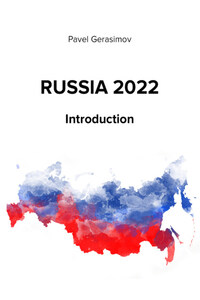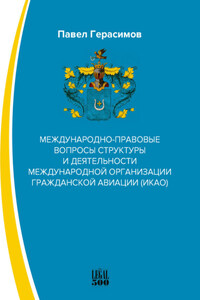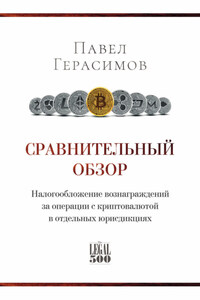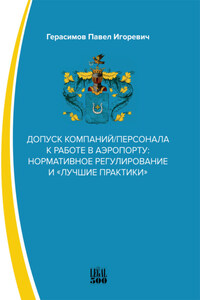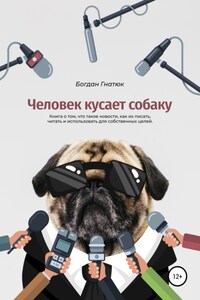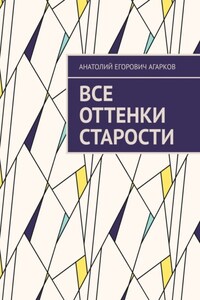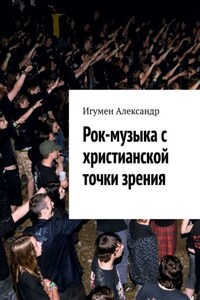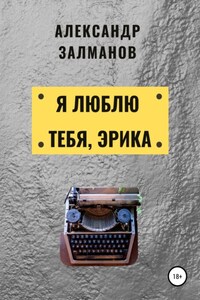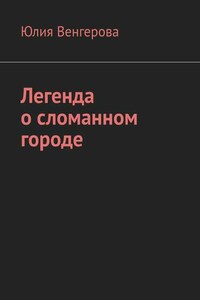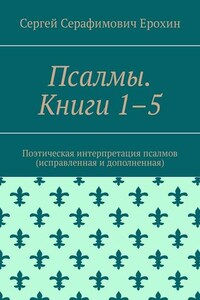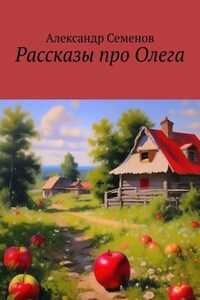Introduction
RUS-000
Russia, the major part of the former Soviet Union, is located in Eurasia, bordering the Arctic Ocean, between Europe and the North Pacific Ocean. With a total area of 17,075,200 square km, of which land is 16,995,800 square km and water is 79,400 square km, Russia is now the largest country in the world by territory. Its land boundaries stretch as far as 20,017km. Russia’s border countries are Azerbaijan, Belarus, China, Estonia, Finland, Georgia, Kazakhstan, North Korea, Latvia, Lithuania, Mongolia, Norway, Poland and Ukraine. Its coastline is 37,653km, its territorial sea is 12nm, its exclusive economic zone is 200nm and its continental shelf is 200m depth or to the depth of exploitation.
These numbers do not include the Republic of Crimea and the city of Sevastopol due to the lack of uniformity of the international recognition of the accession of said territories by Russian Federation in 2014. Still, in Russian legislation the Republic of Crimea and the city of Sevastopol are regarded as the integral parts of Russian Federation, even though due to their turbulent international legal status some local legislative acts and law enforcement practices may deviate.
Climate in Russia ranges from steppes in the south to humid continental in much of European Russia and subarctic in Siberia to tundra climate in the polar north. Winters are cool along the Black Sea coast and frigid in Siberia. Summers are warm in the steppes and cool along Arctic coast. Terrain is mostly plain with low hills west of Urals. There is vast coniferous forest and tundra in Siberia, uplands and mountains are along southern border regions. The lowest point in Russia is Caspian Sea at 28m, and the highest mountain is Elbrus, 5,633m, which is also the tallest peak in Europe.
Russia has a wide range of natural resources including oil, natural gas, coal, minerals and timber. However, there are climatic impediments to the exploitation of these resources: permafrost, spring floods and summer/autumn forest fires in Siberia; a too dry or too cold climate; and a lack of proper soil for agriculture.
Russia is party to a number of international agreements on environment: Air Pollution, Air Pollution – Nitrogen Oxides, Air Pollution – Sulfur 85, Antarctic – Environmental Protocol, Antarctic – Marine Living Resources, Antarctic Seals, Antarctic Treaty, Biodiversity, Climate Change, Climate Change Kyoto Protocol, Paris Agreement, Endangered Species, Environmental Modification, Hazardous Wastes, Law of the Sea, Marine Dumping, Ozone Layer Protection, Ship Pollution, Tropical Timber 83, Wetlands and Whaling.
General
RUS-075
The main issue of the political transformation in the last three decades in Russia has been the legitimation of State power in society. The first time Russia faced similar problems was at the cusp between the 16th and 17th centuries when, after murder of Prince Dimitry, the major branch of the ruling dynasty of Ryurickovich ceased to exist. A new monarch, Boris Godunov, had “no God-given right to rule” in the eyes of common Russians and had to find a way to secure support in society. An attempt to legitimise power through the State Council where top clergy and dignitaries and more than 500 representatives from all over Russia were present was not particularly successful. Russia went into a long period of social disturbance and complete disintegration of state. The next similar crisis followed Nicholas II’s abdication from the throne in February 1917. The February Revolution destroyed monarchy as such. It appeared that Russia was not ready for the democratic reorganisation of society during the World War I, and the radical party of Bolsheviks took over the State. They founded their power on promise of peace and prosperity to war-torn people which was based on the communistic ideology, charisma of leaders and the following terror.
Today’s political structure in Russia was not formed according to a predetermined plan; rather, it is the result of short-term trends of political rivalry. It is, therefore, important to consider not only how the system works on a functional level, but why it operates like that.
Mikhail Gorbachev, the last leader of the Communist Party of the USSR, realized that his power was not unlimited. It was strong enough to keep up the communist regime, but it was not for the transformation of the country. He needed sources of support in society, and so the system of free election to the councils of people’s delegates was implemented. In the Soviet Union councils of people’s delegates possessed the supreme power de jure, but in reality all power belonged to the Communist Party and the system of ispolkoms, executive bodies acting under the party’s control. The idea was that the elected councils of people’s delegates would weaken the Communist Party and support reforms. At the same time it was a way to preserve succession to the Soviet State. However, as the councils of people’s delegates were originally designed as a mere window dressing for the power of the Communist Party, they were incapable to act in the real world and only accelerated the disintegration of the Soviet Union.
At the beginning of 1991 the first President of Russia, Boris Yeltsin, was in conflict with the federal center. For him, a President elected directly by all citizens was a way to secure public support amidst this rivalry. The presidency was quite a new idea to Russian political life, and at the same time it was a move towards tradition for Russian personified power. The system, however, soon caused conflict between the President on one side and the Supreme Council, the Assembly of the People’s Delegates, the legislative bodies and the vice-president on the other. The Supreme Council had the advantage in terms of legal power. Nevertheless in 1993 president Yeltsin managed to end the two-year rivalry by a series of non-constitutional acts, starting from the order for the dismissal of the Supreme Council and the Assembly of the People’s Delegates and ending with an armed storm of the building with delegates.
